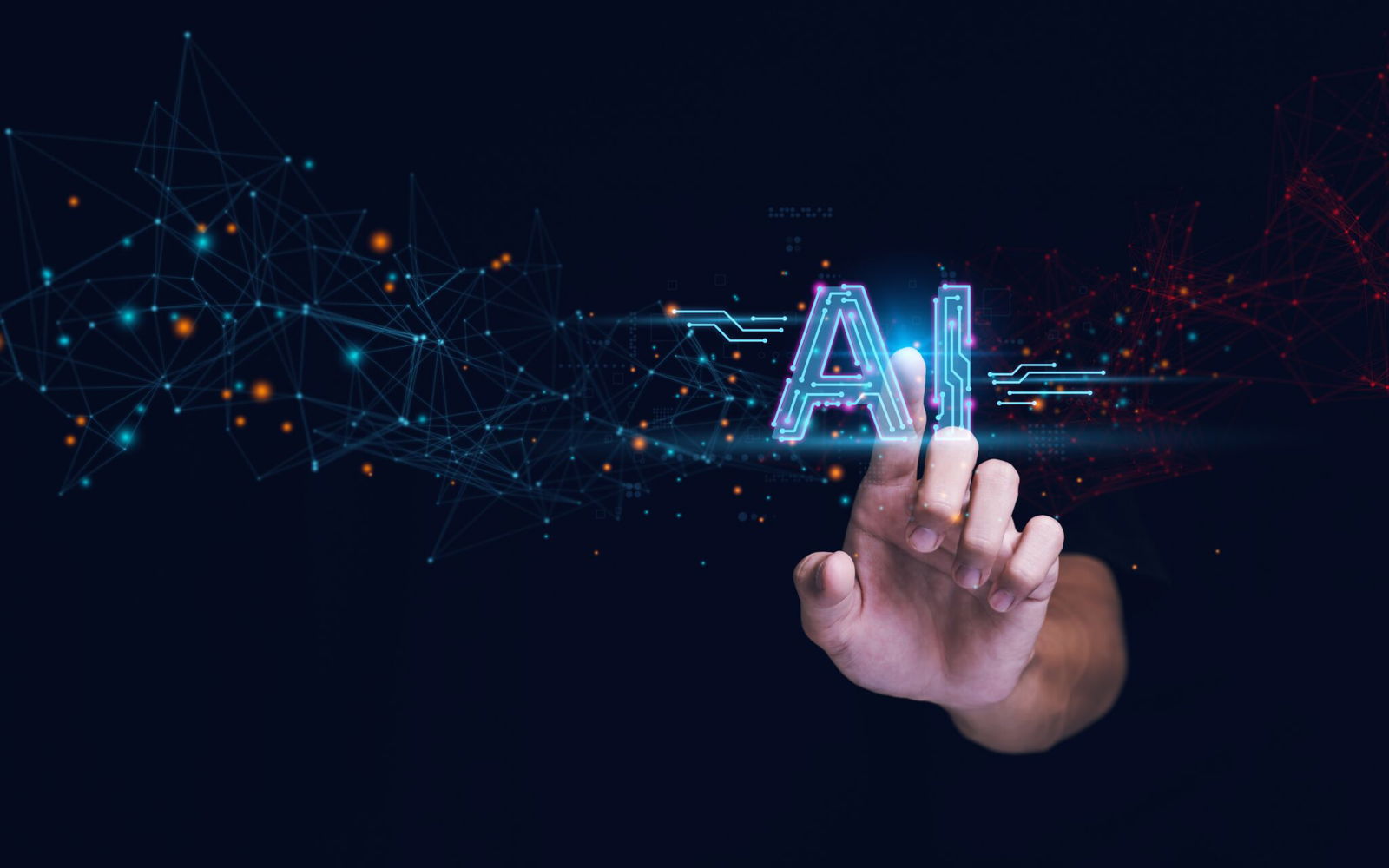The Rise of Generative AI: Could The Corporate Sector Be At Risk?

It’s no secret that generative AI is on the rise. Seeping its way into just about every sector on the planet, if you’ve not heard of ChatGPT, have you been hiding under a rock?
The question is, as the corporate sector continues to embrace the productive powers of generative machine learning, could an overuse of such technology actually put startups at risk? As a system that is unable to regulate itself, generative AI has become a cybersecurity concern for some and a copyright concern for many.
As tech giants such as Google, Amazon and Microsoft reclaim popular generative AI supercomputing trends, it won’t be long until Web3 is dominated by artificial intelligence. The issue is, can companies keep up?
The Rise Of Generative AI In The Corporate Sector
The latest instalments of generative AI tech can perform routine tasks like never before. From proficient copywriting to creating digital art, these AI-driven aids have become a game-changer in the business sector, saving marketers, designers and operational teams time and money in a competitive online landscape.
In fact, a whopping 75% of generative AI’s value is attributed to customer operations, marketing and sales and software engineering, making it a multi-million dollar opportunity for sectors looking to expand their production while working at the same capacity.
As a result, generative AI has seen a like stakeholder investment in just 2023 alone, now estimated to be worth more than $13 billion.
Experts at Mckinsey recently reported that generative AI had had a profound impact on workplace productivity. Stating that apps such as ChatGPT alone could add more than a trillion dollars of value to the global economy, it’s no wonder business leaders are interested.
“The era of generative AI is just beginning. Excitement over this technology is palpable, and early pilots are compelling. But a full realization of the technology’s benefits will take time, and leaders in business and society still have considerable challenges to address,” claimed the Mckinsey report. “These include managing the risks inherent in generative AI, determining what new skills and capabilities the workforce will need, and rethinking core business processes such as retraining and developing new skills.”
Could Generative AI Put Companies at Risk?
Like any new tech innovation, there are always risks, hurdles and teething issues. It’s important to remember that while generative AI has a number of benefits, it is still a relatively new phenomenon in the corporate sector.
In fact, experts at venture firm, Team8 believe that AI can pose a significant risk to enterprises when not managed properly. Releasing a comprehensive report detailing potential cybersecurity risks and regulatory vulnerabilities of generative AI, Team8 found that apps like ChatGPT could be at the centre of data leakages, hacking scandals and copyright scams.
“When it comes to security, it is clear that most companies are in much worse condition to mitigate the risks of their corporate and customer being stolen or leaked than they were just six months ago,” says chief security officer at Tracable AI, Richard Bird. “If we’re being intellectually and historically honest with ourselves, the vast majority of companies were already struggling to keep that same data safe before the rise of generative AI.
“The ease of use and access that employees are already taking advantage of with AI technologies with little to no security controls is already showing the increased risk to companies.”
The report itself dives further into AI behavioural vulnerabilities, the evolution of cyberattacks and potential threats to private data and third-party data, especially when AI models are collaborated with and shared in an open-source landscape.
“These vulnerabilities place an impetus on organizations to understand what models they are using that is open source, what vulnerabilities they contain, and how their software development workflows should be updated to reflect these vulnerabilities,” says Sagar Samtani, Professor of Data Science at the Indiana University Kelley School of Business.
While the prospects generative AI may present are exciting, it’s important for companies to remind themselves of the risks moving forward.
Are Tech Giants Reclaiming Generative AI?
As we step into the future of generative AI, some of the globe’s biggest tech companies are racing to adopt their own AI models and regain territory in a technological evolution.
From Amazon’s push for AI web services and AR-powered wearables to Google’s new generation of supercomputer chips called TPUs, options continue to open up for enterprise companies that want to adopt generative AI into their strategy.
As AI continues to dominate the online landscape, it’ll soon be hard to ignore its potential. However, while its benefits are sweet, the risks are worth watching out for.
